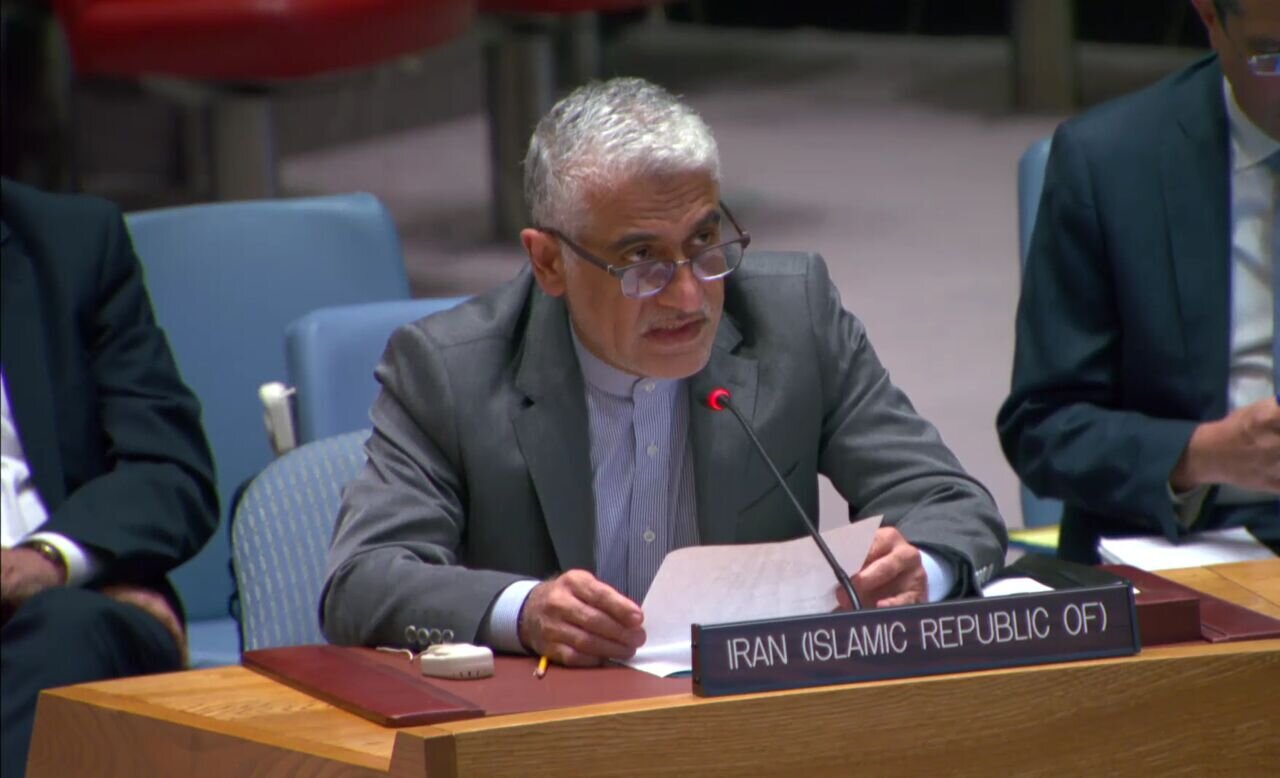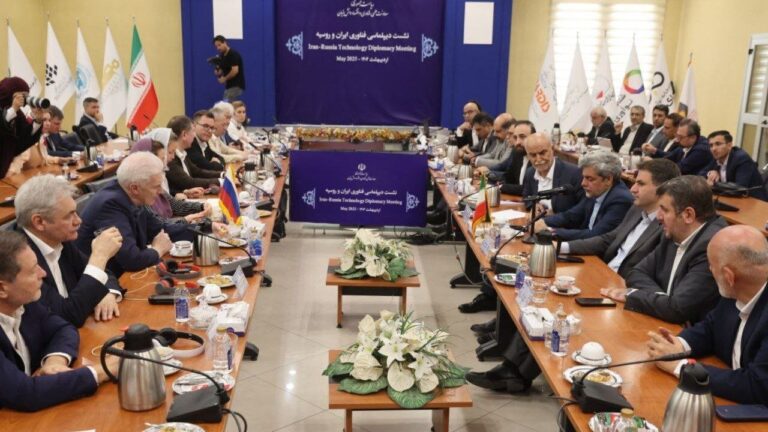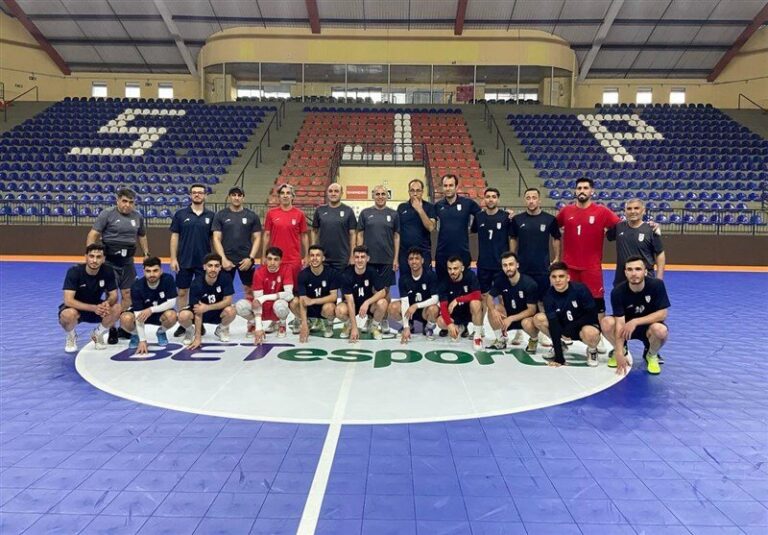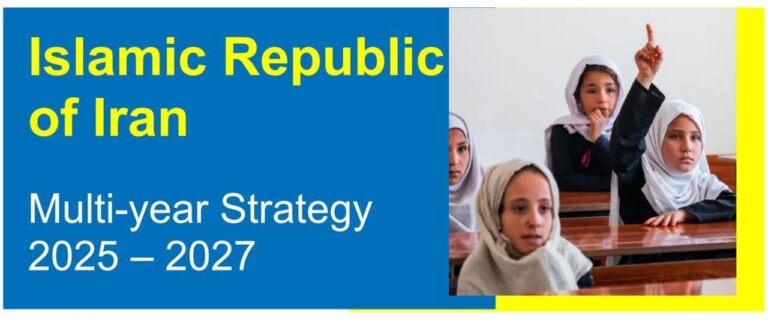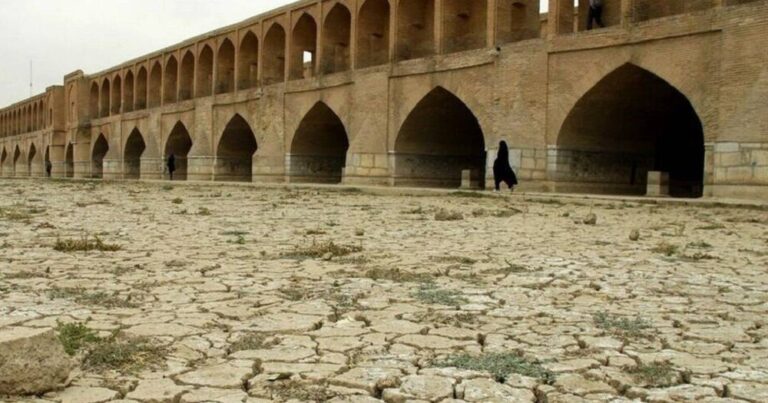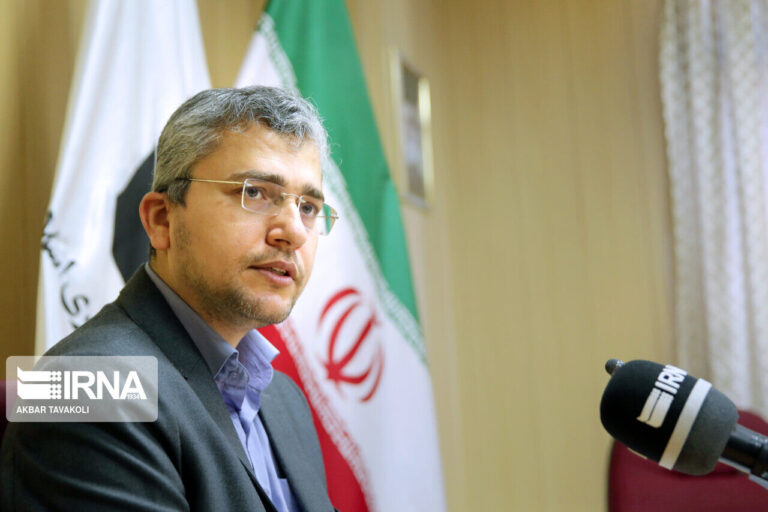Iran Reaffirms Commitment to NPT and Collaborates Effectively with IAEA
In a recent address at the United Nations, Amir Saeed Iravani, Iran’s Ambassador and Permanent Representative to the UN, emphasized the enduring cooperation between Iran and the International Atomic Energy Agency (IAEA). He suggested that if foreign political pressures on the IAEA are alleviated, it could pave the way for resolving the remaining issues between Iran and the agency. This speech, delivered on April 8, 2025, during the UN Disarmament Commission session, highlights critical concerns regarding global disarmament and nuclear security.
The full text of Iravani’s statement is as follows:
Statement by H.E. Mr. Amir Saeid Iravani
Ambassador and Permanent Representative
of the Islamic Republic of Iran to the United Nations
Before the United Nations Disarmament Commission
New York, 8 April 2025
In the Name of God, the Most Compassionate, the Most Merciful
Mr. Chair,
At the outset, let me congratulate you on your election as the Chair of the 2025 substantive session of the Commission, as well as the Vice-Chairs and Chairs of the Working Groups on their appointments.
My delegation appreciates the capable leadership of the outgoing Chair, Ambassador Usman Jadoon of Pakistan, and stands ready to fully cooperate with you during this substantive session of the UN Disarmament Commission (UNDC).
Aligning with the Non-Alignment Movement statement delivered by Indonesia, we would like to make the following remarks in our national capacity.
Mr. Chair,
The international community is currently witnessing a troubling deterioration of global peace and security, driven by:
- Intensifying geopolitical rivalries
- The unchecked spread of armed conflicts
- Record-high global military expenditures
- The continued existence of over 12,000 nuclear weapons in national stockpiles
Rather than seeking diplomatic solutions grounded in international law and multilateralism, we are increasingly seeing a resort to the use or threat of force, foreign military interventions, unilateral coercive measures, and political intimidation.
Mr. Chair,
The persistent lack of compliance with existing commitments by nuclear-weapon states remains the primary policy obstacle that has impeded meaningful progress within the disarmament machinery over the years. We emphasize the UN Disarmament Commission’s (UNDC) vital role in strengthening and advancing international disarmament, particularly in the area of nuclear disarmament. The UNDC has not provided a consensus recommendation on nuclear disarmament for a significant period of time; therefore, we stress the urgent need for tangible progress in Working Group 1 during the current cycle. We call on Nuclear Weapon States (NWS) to demonstrate the necessary political will and flexibility to move forward. In this context, we underscore our position that the use of rolling text within the UNDC is essential to facilitate consensus-building.
Mr. Chair,
Nuclear-weapon states have not only failed to fulfill their disarmament obligations but have actively pursued the renewal and modernization of their nuclear arsenals. For instance, on February 19, 2025, the US launched an intercontinental ballistic missile (ICBM) to demonstrate the readiness and effectiveness of its nuclear deterrent. These developments underscore a troubling trend among nuclear-weapon states toward the qualitative and quantitative improvement of their arsenals, in stark defiance of their disarmament obligations.
Particularly concerning is the posture of NATO member states, which continue to demand non-proliferation from others while maintaining and relying on nuclear weapons themselves. Currently, five NATO countries host U.S. nuclear weapons on their soil, and more than 40 countries rely on the U.S. extended nuclear deterrence policy.
These actions contradict their legally binding obligations under the Nuclear Non-Proliferation Treaty (NPT) and commitments made at its Review Conferences. Despite these violations, some of these very states continue to level baseless and politically motivated allegations against Iran’s peaceful nuclear program.
Mr. Chair,
I would like to underscore that Iran remains committed to the NPT and works constructively with the IAEA to ensure transparency and compliance with safeguards agreements. To that end, Iran has allowed extensive IAEA inspections, accounting for 22% of all IAEA inspections. This level of oversight has never been carried out in any country before in history.
Iran and the Agency have been cooperating for a long time, which enables them to resolve their few remaining differences provided that external political pressures on the Agency cease and that the IAEA adopts an independent, technical, impartial, and professional approach.
Mr. Chair,
With six decades of deception and a clandestine WMD arsenal, the Israeli regime, the sole possessor of nuclear weapons in the Middle East, enjoys the backing of the United States and has consistently opposed all initiatives, including Iran’s proposal since 1974, to establish a nuclear-weapon-free zone in the Middle East.
To demonstrate a genuine commitment to the total elimination of nuclear weapons, the international community must address this glaring exception and compel Israel—an outlaw regime that has openly threatened others with nuclear annihilation while falsely accusing them of proliferation—to renounce its nuclear arsenal, join the NPT as a non-nuclear weapon party, and place all its nuclear facilities and activities under comprehensive IAEA safeguards.
Mr. Chair,
While new technologies contribute significantly to global social and economic development, they must not become the monopoly of a few countries. Moreover, the possible implications of these technologies in the context of international security must not be used as a pretext for imposing parallel export control regimes or unilateral coercive measures that infringe upon the inalienable rights of states to access and benefit from such technologies.
We firmly oppose the weaponization of emerging technologies and reiterate our unwavering position in favor of their exclusively peaceful use through legally binding international agreements.
I thank you, Mr. Chair.
